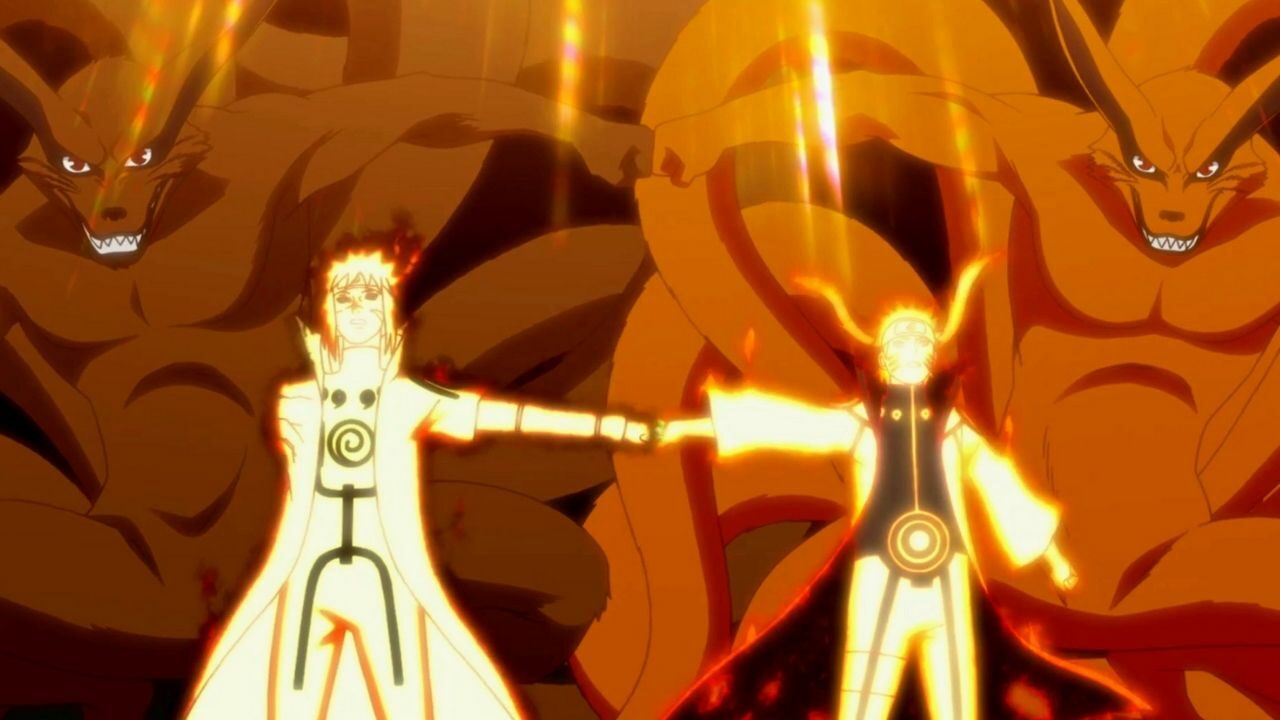Cosplay is an integral part of Japanese culture, and it is highly revered as well. It is something that connects the global audience to the Japanese manga and anime industry.
However, the commotion about cosplay copyright is making cosplayers anxious about losing their valuable hobby/profession.
As Japan has started tightening its copyright laws, fans fear what will be struck next. Will the next target be fan art or doujinshi manga?
The Japanese government is equally anxious about the sensitive subject so let’s find out what they have decided till now.
The matter of copyrights is very vaguely understood by most. Copyright is simply a mechanism that protects the originality of creations and keeps them from being misused.
As it has already been cleared up, those who cosplay for non-profit purposes are not liable to copyright infringement.
However, if someone is making money by cosplaying characters without proper permission from the creator, they are likely to break the law.
For example, if you were to cosplay as Demon Slayer’s Tanjiro for a private gathering, that would not be an issue.
However, if you were to sell merchandise specifically designed as Tanjiro’s sword or other things related to the franchise, it would be a copyright violation.
Similarly, cosplayers also earn money through subscription/membership-based services or as appearance fee in gatherings.
What is termed as copyrights violation and what is not is still in a gray area, and it is hard to distinguish them as of yet.
Taro Yamada, a member of the House of Councillors, has explained that even the Japanese government is trying to make sure that the cosplay culture is kept intact as much as possible.
A way needs to be figured out by which creators can earn through their works in the age of mass reproduction over the internet.
“In the current Japanese legal system, copyright violation is the type of crime which requires a formal complaint from the victim in order to prosecute, so you could say that Japan is fairly permissive by global standards.
That said, since we don’t have legislation in place for aspects like online streaming, there are loopholes and grey zones.
Our current legal system is predicated on the fact that creative ownership rights exist as a right under natural law even without putting each and every aspect into clear writing.
However, Japan is part of the Berne Convention, which was established in the 1800s, so the fact of the matter is that unless the other countries that are part of the agreement give their consent, this country can’t be the only one that changes.”
Taro Yamada, a member of the House of Councillors
In most cases, the creators are happier when they see their works getting distributed and gaining more popularity – if it is done in an appropriate manner.
However, if every individual were to ask for consent, then it would require a person to answer all such queries. A debate over how to split the differences is not too far either.
Minister Inou has stated that he intends to establish a new plan by 31st March. His intention to create an environment where cosplay can be enjoyed with peace of mind has become clear.
Source: Abema Times








No Comments on Japan’s Cosplay Copyrights Explained! Will Cosplaying Be Charged?